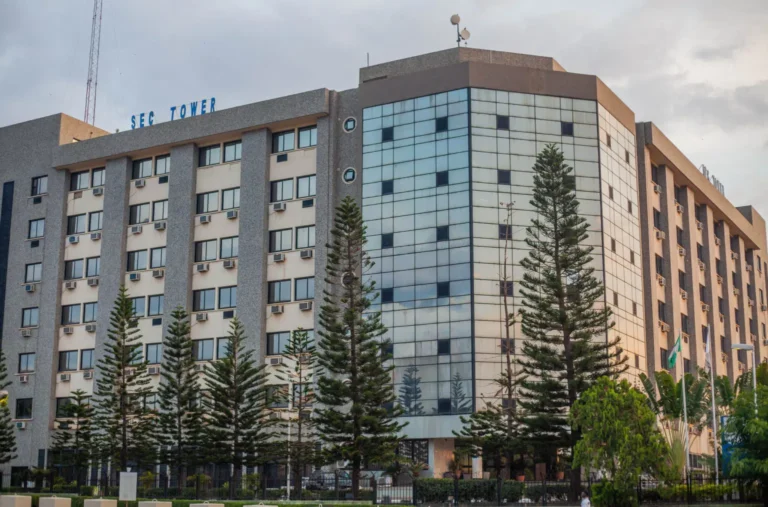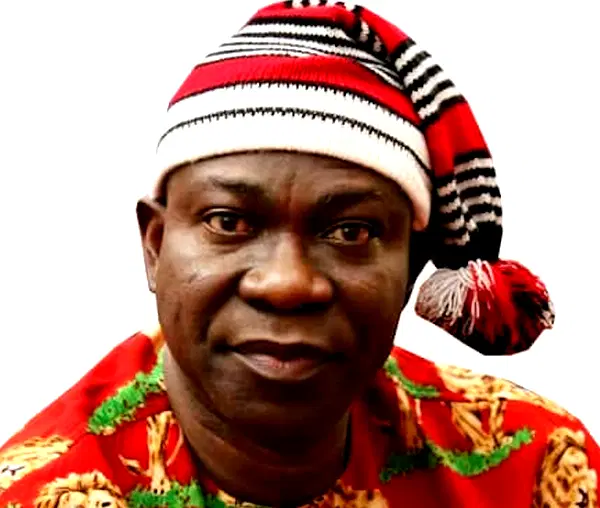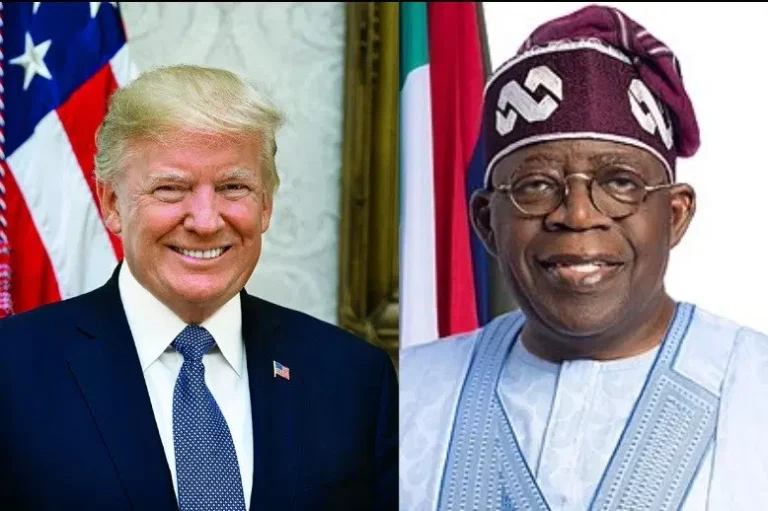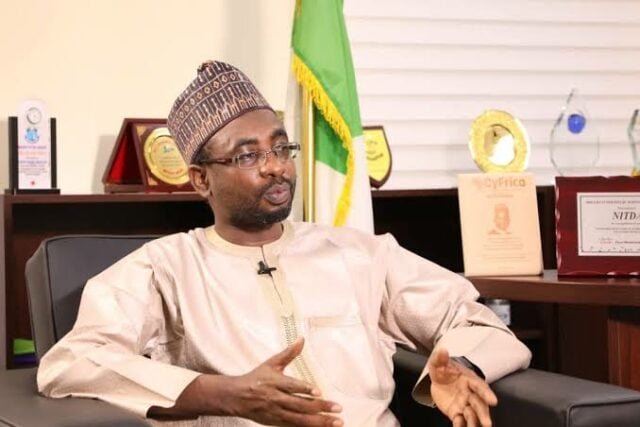
The World Bank has projected a 3.6% growth rate for Nigeria’s economy in 2025, up from an estimated 3.4% in 2024, citing ongoing macroeconomic reforms and increased activity in non-oil sectors like telecommunications, financial services, and technology.
This outlook was revealed in the Spring 2025 Africa’s Pulse report, which paints a more optimistic picture than the International Monetary Fund (IMF), which downgraded Nigeria’s 2025 forecast to 3.0% due to structural challenges and weak oil revenues.
The World Bank expects growth to reach 3.8% by 2027 if reform momentum is sustained.
Non-Oil Sectors Drive Growth
According to the report, Nigeria’s gradual recovery is largely due to the expansion of its services sector, including:
- Financial services
- Information and Communication Technology (ICT)
- Transportation
The World Bank also expects oil production to gradually align with Nigeria’s OPEC+ quota, supporting economic momentum.
Inflation Projected to Ease
Headline inflation, which reached 26.6% in 2024, is projected to drop to 22.1% in 2025, and further to 15.9% by 2027, thanks to a rebased Consumer Price Index (CPI) by the National Bureau of Statistics (NBS).
The rebasing shifted the CPI’s base year from 2009 to 2024, aligning it with current consumption trends. This move led to inflation falling from 34.8% in December 2024 to 24.23% in March 2025.
In contrast, the IMF expects inflation to average 26.5% in 2025, spiking to 37.0% in 2026, blaming exchange rate volatility and supply chain inefficiencies.
Currency and External Accounts
The World Bank identified the naira as one of Africa’s worst-performing currencies in 2024, having depreciated over 40% following Nigeria’s decision to unify exchange rates and allow market-driven FX pricing.
Despite the decline, FX liquidity has improved in early 2025, stabilizing the currency.
Nigeria’s current account surplus is forecast to rise from 9.2% of GDP in 2024 to 9.4% by 2026, driven by:
- Lower imports
- Increased remittances
- Higher oil exports
However, the IMF projects a decline to 6.9% in 2025 and 5.2% in 2026, citing potential oil price instability.
Nigeria Hosts 15% of World’s Extreme Poor
In a concerning revelation, the World Bank reported that Nigeria is home to 15% of the global population living in extreme poverty, with over 106 million Nigerians surviving on less than $2.15 per day.
This places Nigeria at the forefront of the global poverty crisis, with projections indicating that poverty will rise by 3.6 percentage points between 2022 and 2027 unless decisive structural reforms are implemented.
The report warned that resource-rich but fragile countries like Nigeria are expected to see increasing poverty, unlike others in sub-Saharan Africa making progress in poverty reduction.
Social Programs and Government Response
While the Nigerian government has launched various social intervention programs, their implementation has been marred by corruption and inefficiency.
The IMF urged Nigeria to channel fiscal savings from fuel subsidy removal into public investments and targeted cash transfers, especially for those facing acute food insecurity.
Global Perspective
At the Spring Meetings in Washington, D.C., IMF Managing Director Kristalina Georgieva noted that falling global oil prices have placed additional fiscal pressure on oil-producing countries like Nigeria.
“Oil producers like Nigeria are under budget pressure due to lower oil prices,” Georgieva said.






